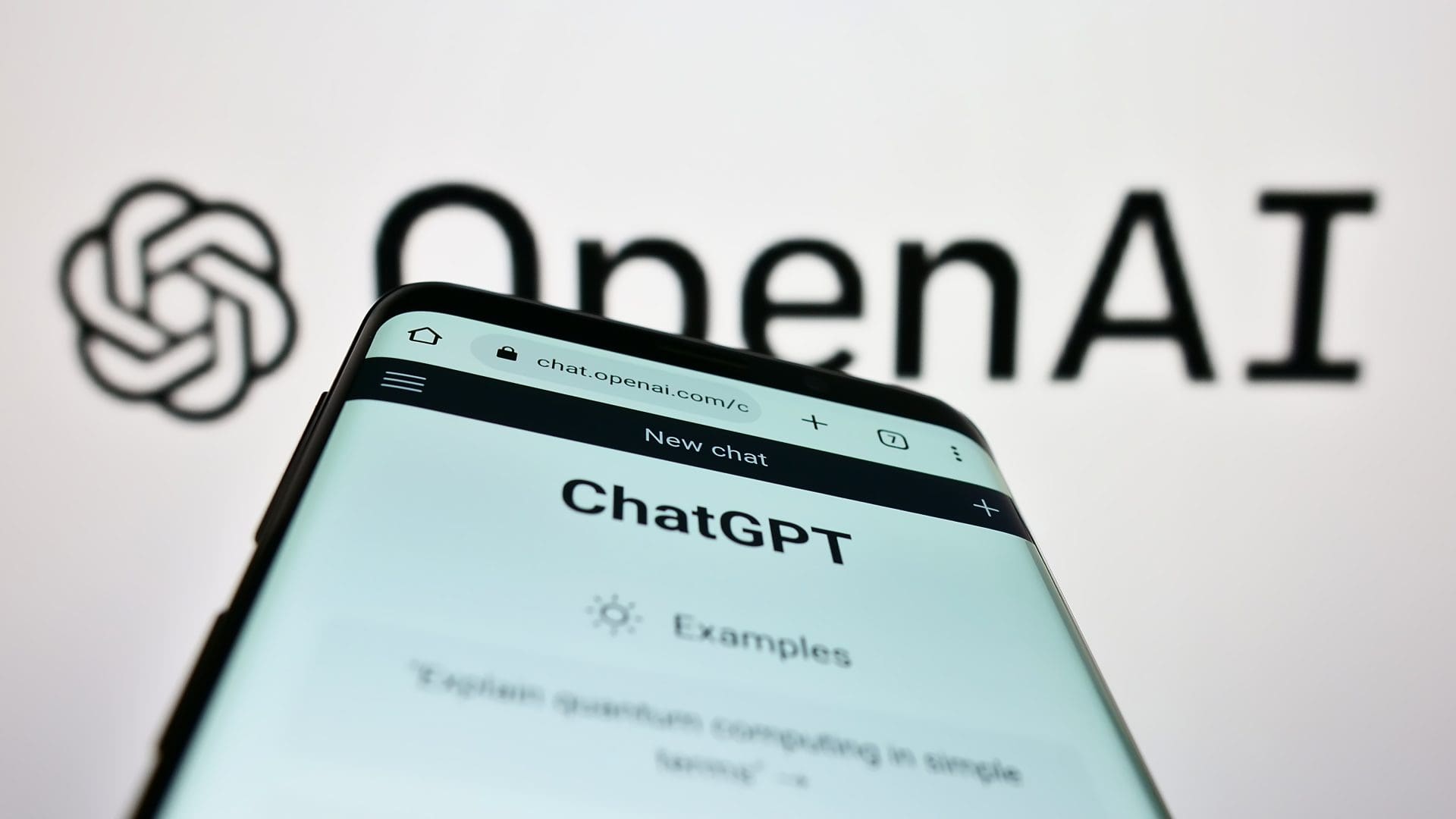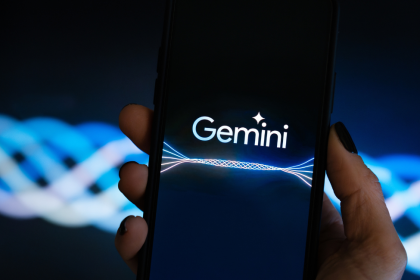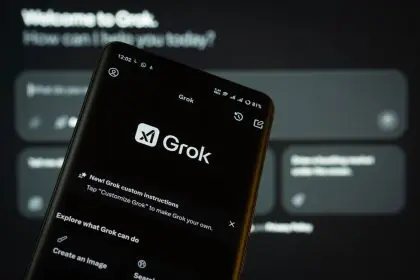ChatGPT will no longer make people log in to use its search engine. This significant change marks a major shift in AI accessibility, potentially affecting millions of users worldwide.
Tech giant OpenAI has changed its policy regarding who can access and use its AI chatbot, which was first launched for subscribers in October 2024 before a wider rollout two months later. Industry analysts estimate that ChatGPT has already amassed over 180 million monthly active users since its initial launch.
The company announced the update in a brief X post, which simply read: “ChatGPT search is now available to everyone on chatgpt.com – no sign up required.” This announcement led to a surge in web traffic, with experts reporting a 300% increase in visits to the platform within hours.
To use the platform, users just have to hit the search button, with ChatCPT answering the question in its conversational style. The streamlined process eliminates traditional barriers to entry, making AI technology more accessible to casual users and professionals alike.
It will combine the typical AI voice with information from the internet, such as link citations and photos, which will be presented in a similar way to other search engines. The integration of multimedia content represents a significant advancement in AI-powered search capabilities, with the system processing over 100,000 queries per minute.
Allowing anyone to use the platform will allow ChatGPT’s search engine to directly compete with the likes of Bing and Google. Market research suggests that AI-powered search engines could capture up to 30% of global search traffic by 2026.
When the web search feature launched in October, OpenAI promised to make it easier for people to access “fast, timely answers”. The company has invested heavily in infrastructure, with reports indicating spending of over $500 million on server capacity to handle the increased user load.
“ChatGPT can now search the web in a much better way than before. You can get fast, timely answers with links to relevant web sources, which you would have previously needed to go to a search engine for. This blends the benefits of a natural language interface with the value of up-to-date sports scores, news, stock quotes, and more,” stated the blog post at the time. Studies show that AI-powered search can reduce search time by up to 45% compared to traditional search engines.
The removal of login requirements represents a strategic shift in the AI industry, where user data collection has traditionally been a priority. Privacy advocates have praised the move, noting that it allows users to maintain anonymity while accessing advanced AI capabilities.
Industry experts predict this change could reshape the search engine landscape, potentially affecting advertising revenue models and user engagement metrics across the sector. The decision also aligns with growing consumer demand for frictionless digital experiences.
Early usage data suggests that educational institutions and small businesses are among the biggest beneficiaries of the new open access policy, with many incorporating ChatGPT‘s search capabilities into their daily operations. The platform’s ability to process natural language queries has shown particular value in research and content creation tasks.
The impact on traditional search engines remains to be seen, but initial reports indicate a slight decline in traffic to conventional search platforms. This shift could signal a broader transformation in how people access and interact with information online.
Recent surveys indicate that users particularly appreciate the conversational nature of ChatGPT’s search results, with 85% reporting higher satisfaction compared to traditional search engines. The integration of real-time information with AI-powered analysis has created a unique value proposition in the search market.













